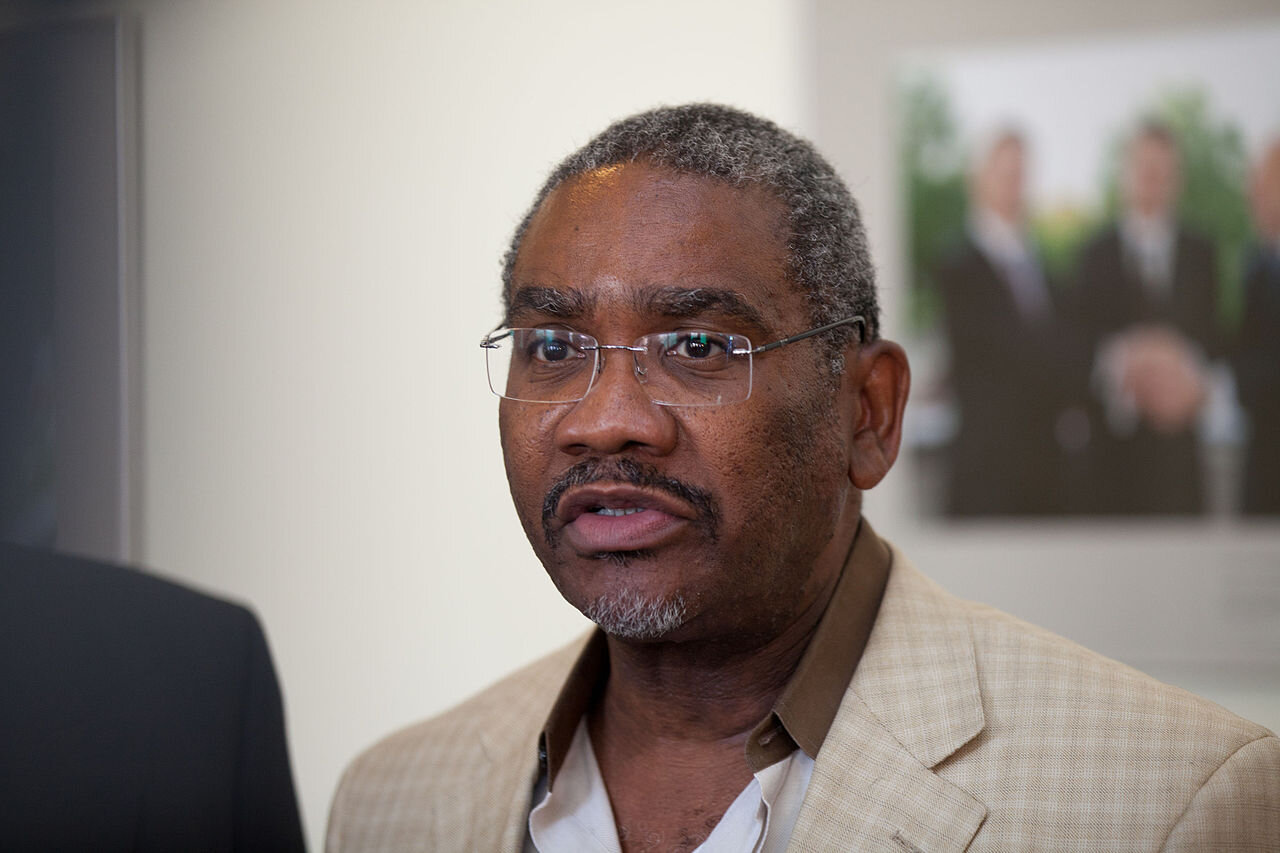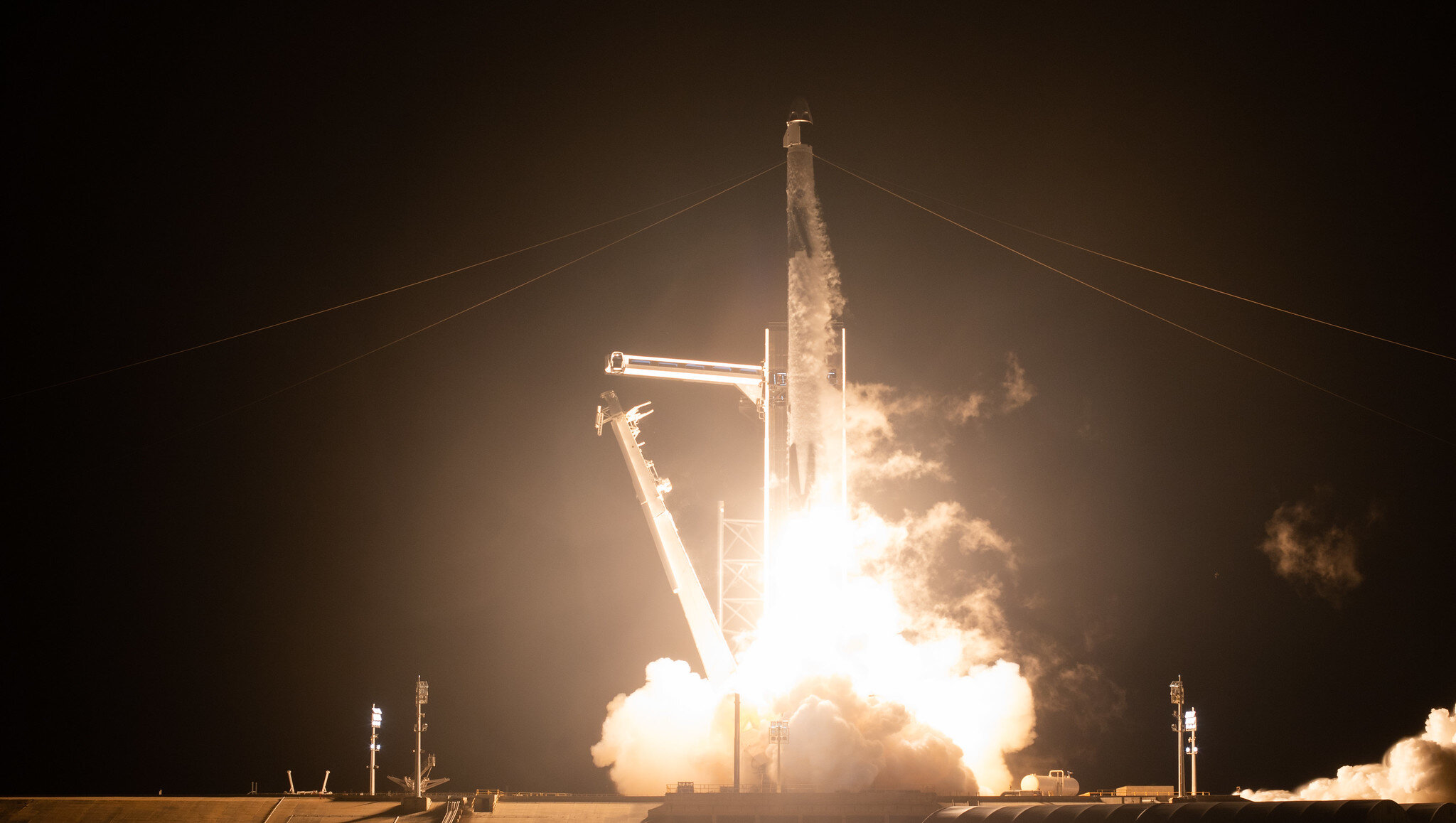PITCTURED: Gregory Meeks, Chair of the House Foreign Affairs Committee. Photo credit: State Chancellery of Latvia. CC 2.0.
Rep. Gregory Meeks (D – NY) released statements following the placement of the Houthi faction in control of Yemen and the Caribbean state of Cuba on the U.S. list of international terror organizations, and state sponsors of terror respectively.
Meeks, who took over the Chair of the House Committee on Foreign Affairs from its cycles-long occupant Eliot Engel (D – NY) after the new year, remarks that the consequences of terrorist designations are “powerful” and should be used “effectively and appropriately”.
“Under no circumstances should they be politicized, as they are today with this designation,” Meeks said of the Houthi designation. “The Trump Administration has yet to learn that they can’t sanction their way out of a civil war”.
“It is essential that the State Sponsor of Terrorism list be used judiciously to maintain its seriousness and integrity,” Meeks also said about the Cuba decision.
Cuba, which has been under trade embargo since the 1960s, has been a bit of an office stress ball for Trump, who squeezed them whenever his policies in Venezuela failed, or whenever he needed support among Floridians.
Yemen on the other hand is, according not just to Meeks but to the United Nations, the greatest humanitarian disaster in the world. However it has garnered little attention throughout President Trump’s tenure, and after a move to end all Saudi military support for the war there was vetoed by the President, Congress was happy to move on to other business rather than seek the votes to override it.
Sanctions and Terrorists
It was in early December that the United Nations World Food Program met with Sec. of State Mike Pompeo, who evidently wasn’t very interested in what they had to say, in an attempt to convince the former-Director of the CIA to avoid a Houthi-terrorist list designation.
While the UN hasn’t officially declared a famine in Yemen, statistics about the blockaded, cholera-ridden country are updated very irregularly.
Even still, reporting from World at Large at the time noted UN estimates of a quarter million people, mostly children, had died in Yemen, mostly from a lack of food and medicine stemming from the blockade and deliberate bombing of civilian infrastructure by the Saudi-led, American-supplied coalition.
Furthermore, over 3 million people are without food security, and a terror list designation would make much more difficult to get life-saving international aid to the people.
Already the UN reported that 2020 contained 750 separate incidences of restrictions on the movement of international goods, including food and medicine, as well as services, such as COVID-fighting personnel, attempting to enter the country to help the population.
Taken from an earlier World at Large article…
The Houthis led an armed uprising to evict the Saudi-backed dictator of the poorest country in the Middle-East in 2015 after elections were held in which the ballot featured only the dictator, Mansour Hadi’s picture, and only one box for checking.
The Saudi-led, American-armed “Coalition to Restore Democracy in Yemen” was formed shortly after to try and restore Hadi in the country, but was reduced to mostly bombing civilian infrastructure such as houses, hospitals, roads, grain silos, flocks of animals, and international aid stations.
While these are acts punishable as crimes against humanity, the blockades by the triad of nations are likely the cause of the majority of the deaths, as they brought about two terrible cholera epidemics, as well putting the country on the brink of famine.
Aisha Jumaan, president of the Yemen Relief and Recovery Foundation, told Antiwar in October much the same.
“The report does not mention the blockade on Yemen as one of the factors impacting famine, although, it is the main cause as it destroyed the economy,” Jumaan said. “This is typical of UN reports, not acknowledge the negative role of the Saudi/UAE in Yemen. However, they always thank them when they donate to the Yemen relief efforts”.
It’s not at all obvious that the Houthis are engaging in terrorist acts. Last year featured a slew of Houthi retaliatory attacks against Saudi territory, including a 72-hour long combined-arms ground assault in which they not only took hundreds of Saudi soldiers and officers prisoner, but according to local and international reports at the time, transferred them to “secure undisclosed locations to protect them from Saudi air strikes.”
Later a prisoner release was facilitated between the two warring parties, further distancing themselves from terrorist behavior.
PICTURED: During the sanctions campaign on Iraq during the 1990s, daily funeral processions for children had to be held, as so many were dying of starvation and medical shortages. Photo credit: GICJ.
Cuba
Meeks neatly sums up the United Nations’ stance on unilateral coercive measures, which the United States has used for decades on Cuba, and now increases in severity with the State Sponsor of Terrorism designation.
“For four years, the Trump Administration’s policy towards Cuba has been focused on hurting the Cuban people – from drastically reducing remittances in the middle of a pandemic to limiting the ability of Americans to travel to the island”.
While “sanction” seems like a benign word, in Italian the word is used to describe a parking ticket for example, their effect is far from a misdemeanor.
Sanctions on the Saddam Hussein regime under Clinton, were thought famously responsible for the deaths of 1,000,000 children, though that number was later revised to merely half a million.
There’s no telling how many people have starved to death in North Korea thanks to the embargo placed on it by the U.S., while Iran’s economy was smashed on two separate occasions, causing riots over gas prices, even while it was the regional epicenter of the COVID-19 pandemic.
Closer to the heart of the Cuba terror sponsor designation is Venezuela, where UN and University of Columbia economist Jeffery Sachs estimated in 2018 that the sanctions placed upon them first by Obama and then worsened by Trump was the principle contributor to the state of hyper-inflammation, as well as 50,000 deaths by lack of food and medicine that could have otherwise entered the country.
Meeks’ voice is a welcome one inside the once-Hawkish Foreign Affairs Committee, and if Biden’s attitude towards Cuba during the Obama Administration prevails, the state sponsor of terrorism designation may well indeed by lifted.




